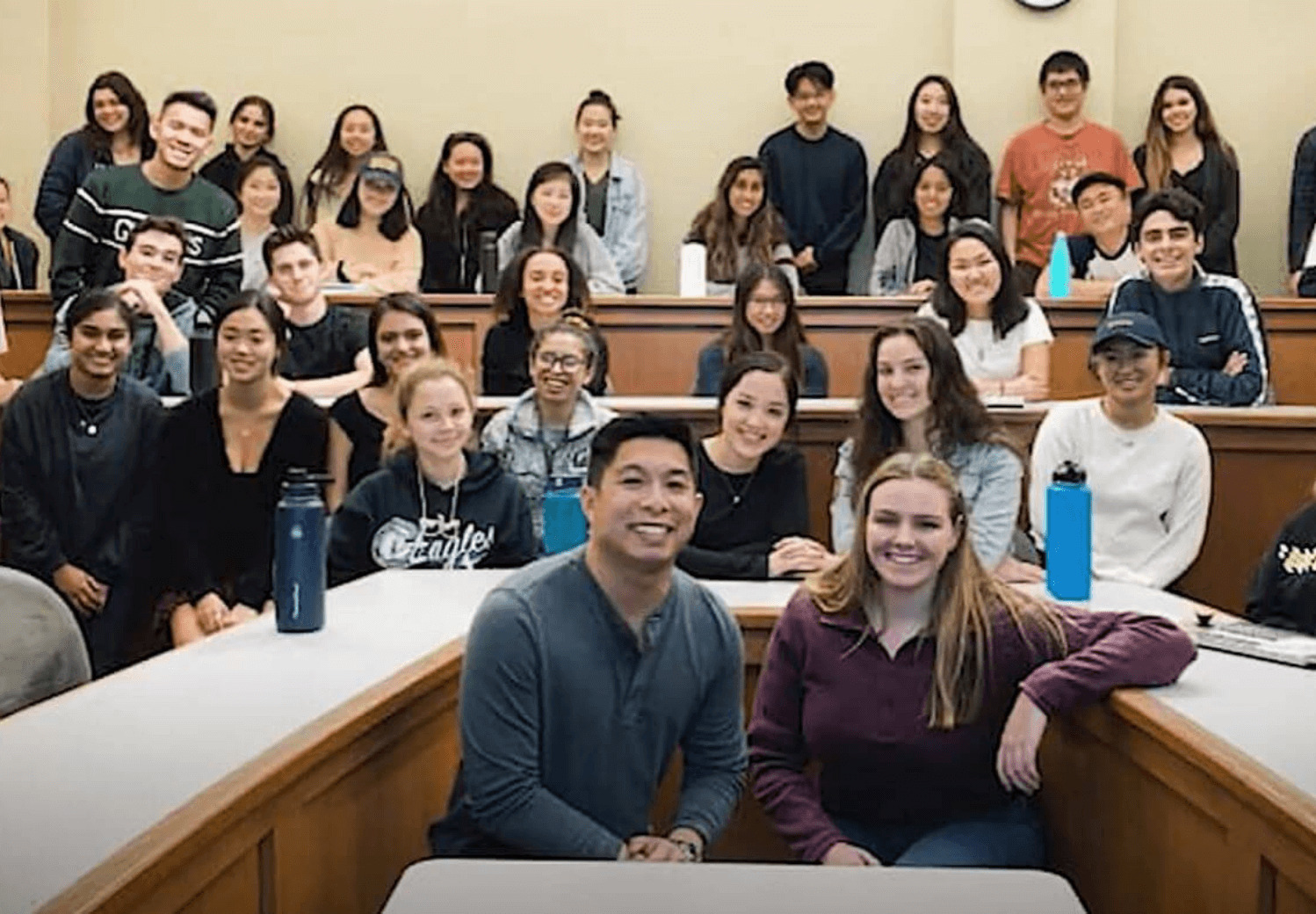In the beginning of my career, I was very introverted. Probably doesn’t seem like that right now. I was a terrible public speaker. I can tell you, the first time I ever had to do a public speaking event was a Facebook All Hands when I was 23 years old. And I practiced and practiced and practiced with my girlfriend with a Guitar Hero mic, where I was shaking. I was shaking, I was looking at my paper, I didn’t know what to do. But I was battling internally with, if I was an introvert, or if I was extroverted.
A lot of my friends will tell you that I’m wild, and I have extroverted tendencies, but in a workplace setting, I think I was still grappling with that. My father, when I entered the workforce, he gave me some pretty stern advice on how to survive in a white dominated workforce. And he’s like, “don’t speak up, keep your head down, work hard, keep your nose clean. Don’t look people in the eyes, just look down,” things like that.
And so I was struggling with my own personality choices, and what I was told of how I can be successful. And so I think for me, at least, I’ve seen the benefits of someone being able to say, “Eric, you haven’t spoken this entire meeting? Do you have any feedback? Do you have any input of what we should be doing?” And that’s empowering because, one, you feel seen, I think that’s a first off. And I think if you do that with women of color, you change the entire dynamic of that situation. Because, one, you become a leader that is empowering without even saying you’re empowering, but two, you allow everybody to talk and you change the dynamic of people who always talk to people that don’t talk and you actually equal it.




